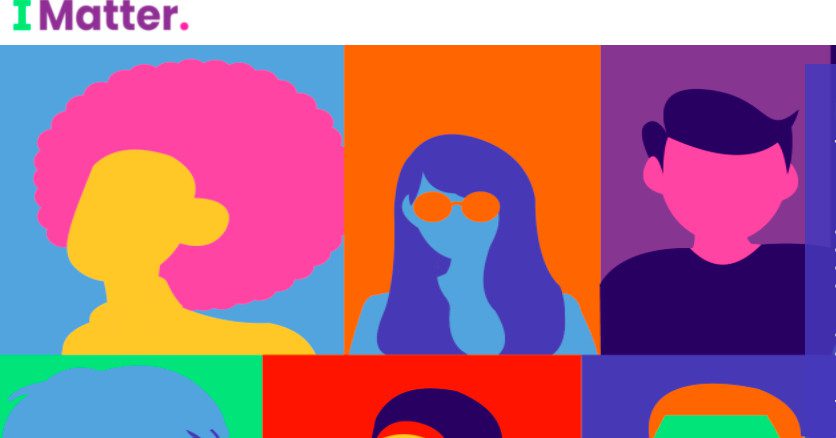
Colorado launched a program Wednesday to offer three free mental health sessions to children.
Anyone between 12 and 18 can go to the I Matter state website to take a short survey to assess their needs. If the results show they need help, the site will connect them to a provider for a 45-minute appointment in the next two weeks. One of the early questions asks if the young person is in crisis and directs those who answer yes to a crisis line and a more rapid response.
Children under 12 can also use the service but need a parent to do so, and young adults who are receiving special education services can access the free help up to age 21.
“We have reduced as many barriers as humanly possible,” said state Rep. Dafna Michaelson Jenet, a Commerce City Democrat who spearheaded the effort. She said officials believe it’s the first of its kind in the country.
The program was created after a bill she sponsored passed with bipartisan support this spring. Lawmakers allocated $9 million to launch the effort in response to increasing student mental health needs.
In May, Colorado’s Children’s Hospital declared a state of emergency due to unprecedented numbers of youth experiencing mental health crises, including many showing up to hospital emergency rooms and straining existing systems.
But officials say that Colorado youth were struggling even before the pandemic, and the program is a response to earlier trends that worsened during COVID.
The 2019 Healthy Kids Colorado Survey showed that more than a third of Colorado high school students felt so sad or hopeless that they stopped doing usual activities for at least two weeks at a time.
Online data from the Colorado Department of Public Health and Environment shows 101 youth between the ages of 10 and 19 died by suicide in 2020, slightly down from 103 in 2019. The number has been rising for years and has nearly doubled from 50 in 2010. Statewide, suicide deaths among people of all ages dropped slightly in 2020.
The state has hired 32 mental health providers to staff the new program with about 350 appointments per week.
“We have a good number of sessions to start,” said Liz Owens, director of policy and communications for the state Office of Behavioral Health. “We want to do much more recruiting and keep adding providers. We are hopeful that we will be able to meet the need and also hopeful that we will have providers who look like the youth in our state and are able to meet their needs. It’s definitely an ongoing process.”
With the allotted funding, the state estimates it can serve more than 10,000 children between now and June, but Michaelson Jenet hopes the state can ultimately reach more than a million children in the state — letting them know about the resources available to them and destigmatizing seeking help.
She also said that she hopes the service will help alleviate overburdened school social workers and mental health providers who are reporting high levels of students in need.
Kierra Ehnes, a junior at Julesburg High School in northeast Colorado, has been one of the teenagers providing the state feedback in advance of the program’s launch. On Wednesday, she talked about how peer suicides have impacted her and why she believes this new program will help.
“Living in a small town community, the death of a teen is one that hits home hard,” Ehnes said. “I remember hearing of a teen suicide in every district surrounding us — all because kids felt like there was no end and that they didn’t have a way out.”
She believes the program will make a “huge impact,” especially because the state had young people involved as leaders in creating the website and the program.
“Knowing that someone your age has been through the same thing as you and has been able to recover provides a sense of security,” she said.
To get the word out, the state will run ads on Spotify, Pandora, and social media platforms such as TikTok and Snapchat. Outreach will also include school banners and yard signs.
Michaelson Jenet said one common question is whether the survey answers are confidential, and she assures youth that information there is protected by federal HIPAA privacy laws. The survey asks for insurance information, but it’s not required to get help. The state will try to connect youth to providers that take their insurance, for those who have it, in case they want or need to continue therapy sessions beyond the three free ones the state provides.
Officials will file a report in January and another in June to detail how many students have been served. Funding for the program is set to expire at the end of June, but Michaelson Jenet said Wednesday that she’s already working to make the program permanent.
This content was originally published here.

